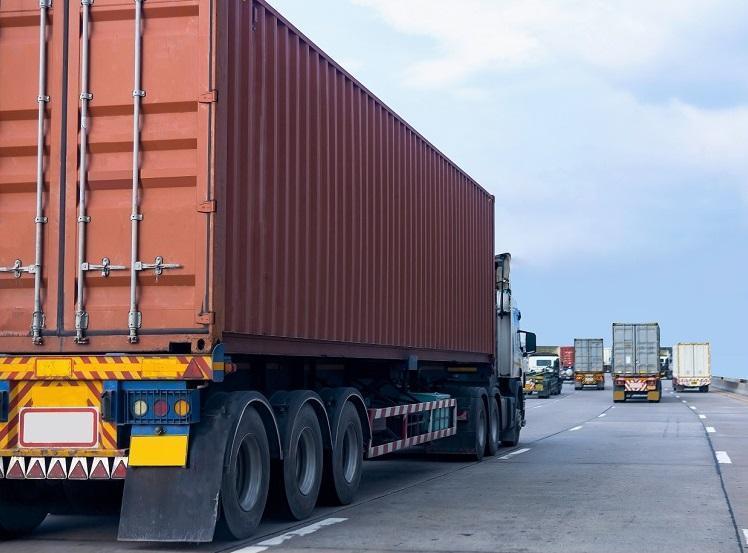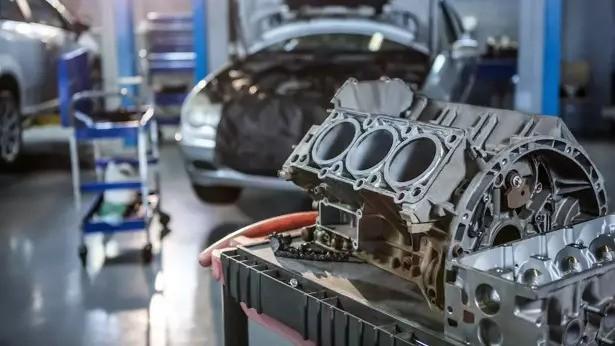Turkey maintains ‘contactless’ external trade, minister says
ANKARA - Demirören News Agency

The Turkish Trade Ministry has developed various ways to maintain the flow of goods through its border gates and ports despite travel bans introduced at the beginning of March, when the coronavirus pandemic started spreading around the world, according to the trade minister.
“We, as the ministry, started taking serious measures in coordination with other ministries and institutions before this virus was detected in our country. Accordingly, we developed schemes for contactless export and contactless foreign trade,” said Ruhsar Pekcan in a press conference at the ministry headquarters in Ankara on March 27.
“On this issue, we have achieved successes that are exemplary for the world. I urge the business world to continue trading using these opportunities,” she said.
Up to 1,140 trucks have been carrying goods between Turkey and Iraq daily through buffer zones between the border gates, which have been closed since March 1 due to the virus outbreak, according to Pekcan’s remarks.
Through this method, a driver - wearing gloves and a mask - on one side of the border parks a trailer at the buffer zone between Turkey’s Habur gate and Iraq’s Ibrahim Khalil border crossing and returns. Then, another driver from the other side of the border pulls the trailer after disinfection assisted by health officials.
Pekcan also recalled that some 130,000 trucks used to cross the Iranian-Turkish border every day before the border gates were closed to counter the spread of coronavirus, adding that 94,000 of them were carrying goods to Iran and the rest 36,000 were heading to the Central Asian markets.
In a bid to continue the flow of goods between Turkey and the Central Asian countries, Turkey increased the capacity of the border crossings to Azerbaijan and Georgia, she said.
On top of that, the railway connecting the eastern province of Kars to the Georgian and Azerbaijani capitals, Tbilisi and Baku, is put in service to carry 2,500 tons of goods daily. “We have the capability to increase the capacity to 6,000 tons if there’s demand,” said Pekcan.
Turkey also resumed cross-border trade with Iran via Kapıköy railway, the trade minister added.
“Our locomotives push the freight cars into Iran. When they cross the Iranian border, another locomotive in the Iranian territory starts pulling them,” she said, explaining that some 80 cars carrying goods that would fill 160 truck trailers get into Iran every day, and it is possible to increase the number of freight cars to 120.
Regarding the external trade with the European countries, Turkey is set to implement similar methods as on the eastern borders, according to Pekcan’s remarks.
Over 1,100 trucks cross Turkey’s borders with Greece and Bulgaria through a scheme of driver exchanges. Besides, some 35,800 freight cars enter Bulgaria through the Kapıkule station annually.
The daily train service on the railway between the district of Çerkezköy in the northwestern Tekirdağ province towards Bulgaria has doubled to twice a day.
Besides, ferry boats also continue carrying 170,000 trailers to Italy’s Trieste and Bari ports, and 50,000 to France’s Toulon and Sete ports annually from Turkey’s ports in Istanbul, the Aegean province of İzmir and the Mediterranean province of Mersin. However, no drivers are allowed to go on board.
















